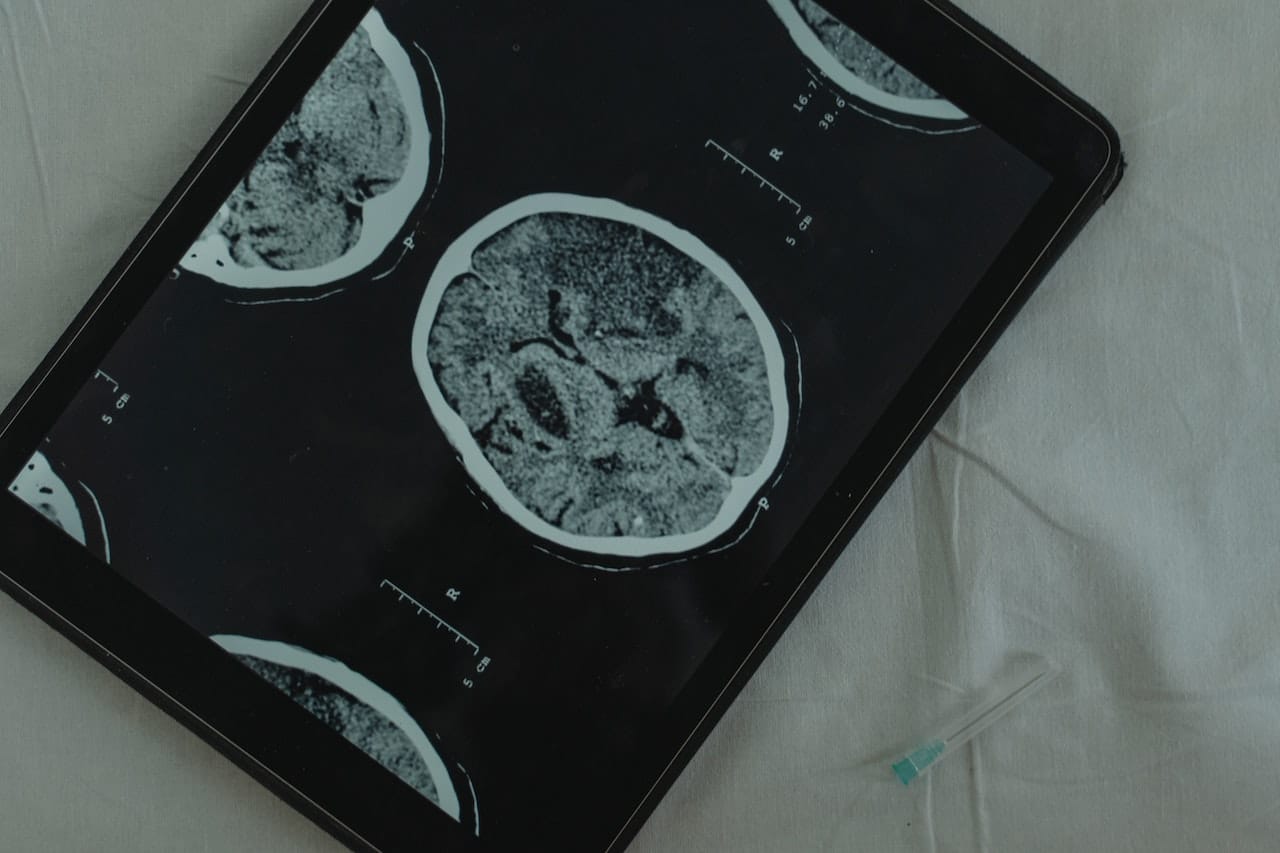Have you ever wondered about the long-term effects of a traumatic brain injury? It’s a topic that many of us may not think about until it hits close to home. Traumatic brain injuries (TBIs) can occur due to various accidents, sports injuries, falls, or even violent incidents. While some people might recover relatively quickly, others may experience lingering effects that can significantly impact their lives. We will discuss some of the issues experienced after a traumatic brain injury as well as how to pursue a serious injury claim.
Understanding Traumatic Brain Injuries
A traumatic brain injury is a complex condition that arises from a violent blow or jolt to the head or body. When this occurs, the brain can be subjected to severe forces, leading to damage and disruptions in its normal functioning. The severity of a TBI can vary, from mild cases that cause temporary confusion to severe incidents that result in long-term unconsciousness and profound neurological deficits.
The Immediate Impact
When someone experiences a traumatic brain injury, the immediate effects can be alarming. Depending on the severity of the injury, they may lose consciousness, suffer from memory loss, or struggle with coordination and balance. The initial days and weeks following the injury are crucial, as they can significantly affect the overall recovery process.
Can a Brain Injury Cause Problems Later in Life?
Yes, a brain injury can indeed cause problems later in life. While some individuals may recover fully and return to their normal lives, others might face persistent challenges that last for months, years, or even a lifetime. The long-term effects of a TBI can be far-reaching and may manifest in various ways, depending on the specific areas of the brain that were impacted.
Cognitive Issues
One of the most common long-term effects of a traumatic brain injury is cognitive impairment. This can affect memory, attention, and concentration, making it difficult for the individual to focus on tasks or remember important information. Simple daily activities can become arduous, and the person may need assistance in managing their day-to-day affairs.
Emotional and Behavioural Changes
A TBI can also lead to emotional and behavioral changes. The injured individual might experience mood swings, irritability, or even depression. They may find it challenging to regulate their emotions and might display impulsive behavior at times. Understanding and coping with these changes can be difficult for both the person with the injury and their loved ones.
Physical Limitations
Physical limitations are another significant aspect of the long-term effects of a TBI. Depending on the extent of the injury, the person might experience difficulties with movement, balance, and coordination. This can impact their ability to perform everyday tasks, such as walking, getting dressed, or even feeding themselves.
Communication Challenges
Language and communication skills can be affected as well. Some individuals may struggle with speaking, understanding language, or expressing their thoughts coherently. These challenges can lead to frustration and feelings of isolation, as it becomes challenging to engage in meaningful conversations and connect with others.
Do Traumatic Brain Injuries Get Worse Over Time?
In some cases, traumatic brain injuries can indeed worsen over time. While many individuals show improvement in the initial stages of recovery, there are instances where the effects become more pronounced as time goes on. This is often observed in cases where the injury was severe, and the brain sustained significant damage.
The Role of Age and Health
Age and overall health can also play a crucial role in the long-term effects of a traumatic brain injury. Young children and older adults tend to face more challenges during recovery compared to young and middle-aged adults. Pre-existing health conditions can complicate the healing process and may contribute to the worsening of symptoms over time.
Managing Long-Term Effects
Managing the long-term effects of a traumatic brain injury requires a comprehensive and personalized approach. Rehabilitation programs, including physical, occupational, and speech therapy, can help individuals regain lost abilities and develop strategies to cope with challenges. A strong support system of family, friends, and healthcare professionals is also essential in providing emotional and practical support.
Making a Serious Injury Claim
In the unfortunate event of a traumatic brain injury caused by the negligence of another party, making a serious injury claim may be a necessary step to seek compensation and support for the long-term effects of the injury.
Seeking Legal Guidance
Navigating the legal process can be overwhelming, especially when dealing with the physical and emotional challenges of a traumatic brain injury. Seeking the assistance of our team at National Claims can be immensely beneficial. We will help you understand your rights, gather evidence to support your claim, and help walk you through the claims process.
Proving Liability
To have a successful serious injury claim, it is crucial to establish the liability of the party responsible for the injury. This may involve demonstrating negligence, recklessness, or intentional misconduct on the part of the responsible party. Collecting evidence, such as eyewitness accounts, medical records, and accident reports, can strengthen your case.
Documenting Damages
Compensation in a serious injury claim typically includes economic and non-economic damages. Economic damages cover tangible losses like medical expenses, lost wages, and rehabilitation costs. Non-economic damages, on the other hand, encompass intangible losses such as pain and suffering, emotional distress, and reduced quality of life. Keeping meticulous records of all expenses and the impact of the injury on your life is essential in ensuring you receive the appropriate compensation.

Conclusion
Suffering a traumatic brain injury can have profound and long-lasting effects on an individual’s life. From cognitive challenges to emotional changes and physical limitations, the impact of a TBI can be far-reaching. While some individuals may experience improvements with time and appropriate care, others may face ongoing difficulties.
Understanding the potential long-term effects of a traumatic brain injury is essential for providing appropriate support and care to those affected. Rehabilitation programs, emotional support, and a strong network of healthcare professionals and loved ones can play a vital role in improving the quality of life for individuals dealing with these injuries.
In cases where the traumatic brain injury was caused by the negligence of another party, making a serious injury claim can help individuals seek compensation for their losses and cover the costs of ongoing medical treatment and support. Seeking legal guidance and representation from us at National Claims can greatly enhance the chances of a successful claim.
In conclusion, the long-term effects of a traumatic brain injury underscore the importance of prevention, awareness, and support. By understanding the challenges faced by those with TBIs, we can create a more inclusive and compassionate society that empowers individuals to lead fulfilling lives despite their injuries.
Contact us today to find out more about starting your claim and about how we deal with serious injury claims.
Click below to see why we are one of the most trusted claims management companies in the UK.

We’re proud of our excellent customer reviews
We thrive on delivering exceptional service and ensuring our clients’ satisfaction. Don’t just take our word for it. Check out some of our independent reviews to see what our clients have to say.
Excellent

This firm is excellent, they sorted out my car pay out and injury claim very fast, they always communicate with you all the time.

My accident case was dealt with confidence and with great result of the outcome, especially James kept me informed all the time.

I was very impressed at the way my inquiry was treated. I was listened to attentively and everything I needed to know was explained to me.






